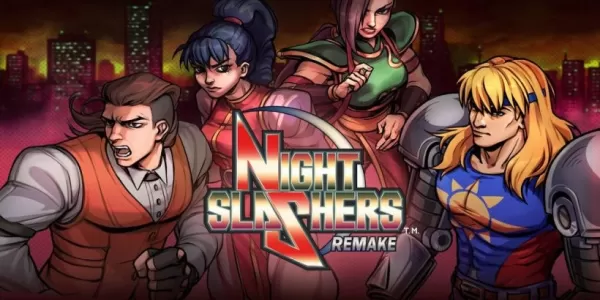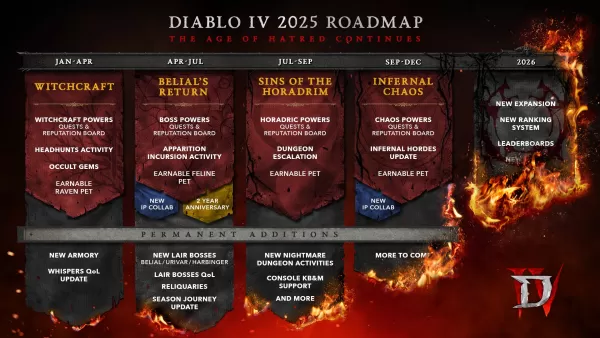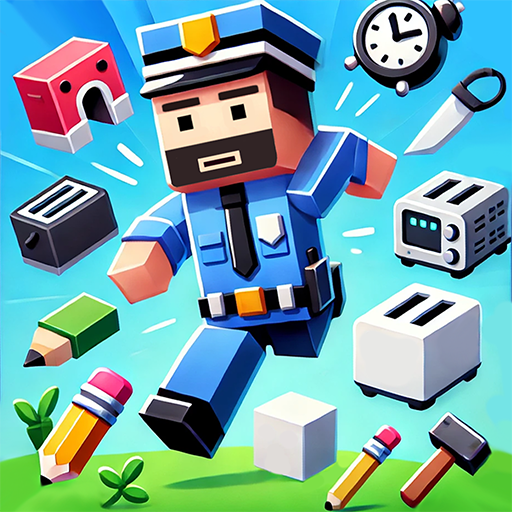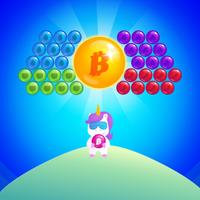Hideo Kojima’s Japanese radio podcast KOJI10 offers a fascinating window into the mind behind Metal Gear Solid and Death Stranding. In the latest episode (Episode 17), Kojima delves into the innovative use of real-life time passage within video games. He not only reflects on time-related mechanics he's previously implemented but also shares fresh concepts that have yet to be explored, including an idea that was cut from the highly anticipated Death Stranding 2: On The Beach.
Kojima is well-known for integrating gameplay mechanics that leverage the internal clock of consoles and PCs. He highlights two notable examples from the 2004 release, Metal Gear Solid 3: Snake Eater on the PS2. To enhance the survival experience in the jungle setting, food acquired in-game would spoil after a few days in real life. Consuming spoiled food could make protagonist Snake violently ill, or players could ingeniously use it as a weapon by throwing it at unsuspecting enemy soldiers.
Death Stranding 2 Cast
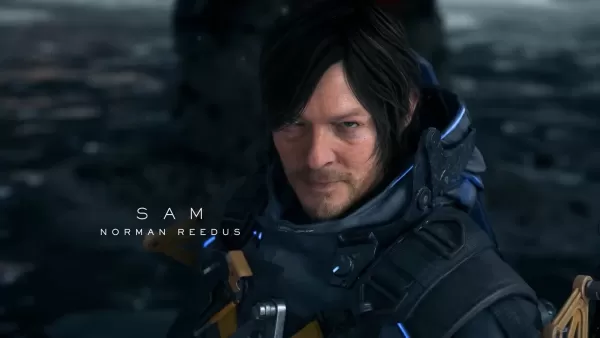
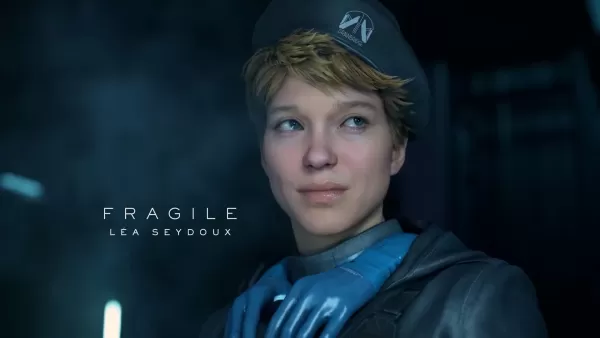 View 14 Images
View 14 Images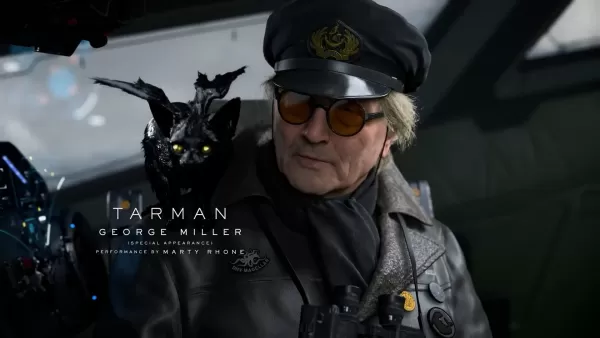
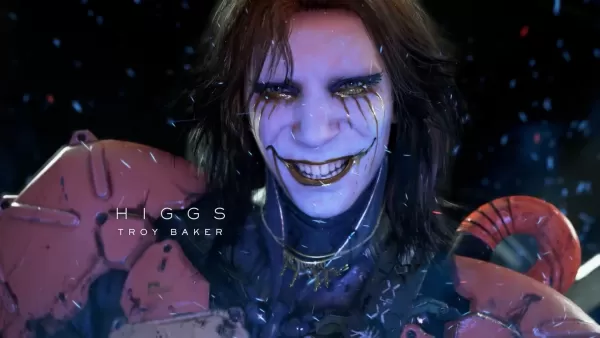
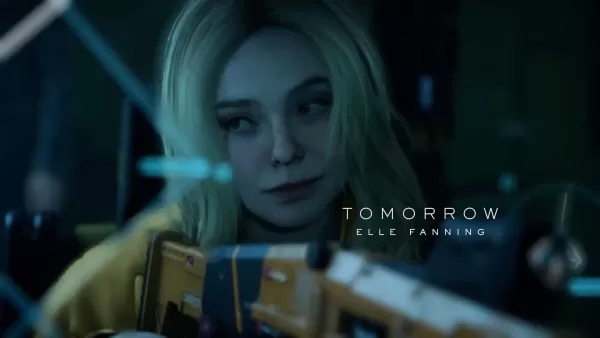
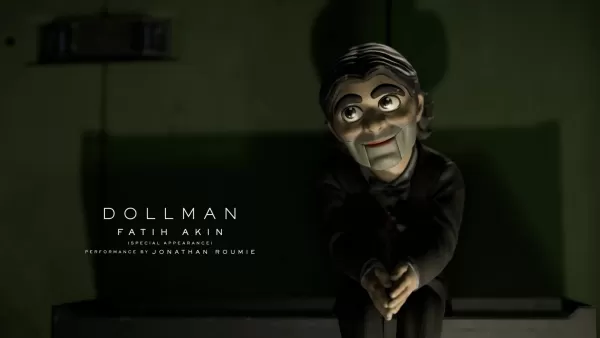
Another clever use of the system clock was in MGS3’s cat-and-mouse boss battle against the elderly sniper, The End. Kojima recalls, "Although he is a really tough boss, if the player waits a week, The End will die of old age." Indeed, if players load their in-battle save at least one week later, they are treated to a cutscene where Snake finds The End deceased.
Kojima also reveals a concept that didn't make it into Death Stranding 2. "I’ve thought about having characters’ hair grow in games," he shares. Initially, he planned for Sam's beard to grow over time in Death Stranding 2, requiring players to shave it. "If they didn’t, Sam would end up looking unkempt," he explains. However, due to the involvement of star Norman Reedus, Kojima opted against it to maintain the character's cool appearance. Yet, he hints that this mechanic might find its way into a future project.
Kojima also proposes three intriguing game concepts centered around the passage of real-life time. The first is a life simulation game where the player starts as a child and ages into an elderly adult. "In the game, you fight various enemies. Like with the previous example (MGS3’s The End), if you keep playing the game, you will become a 70 or 80 year old man. However, at this age you will be weaker, your eyesight will worsen," Kojima explains. Younger players would enjoy better physical condition, but older ones would have accumulated more knowledge and experience, influencing their strategic approach to enemies. Despite his humorous remark, "But no-one would buy it!" the concept received enthusiastic feedback from his co-hosts.
Another idea involves a game where players cultivate products like wine or cheese that require time to mature, suggesting a potential idle or background game. Conversely, Kojima also envisions a "forgetting game" where the protagonist gradually loses important skills and memories if the player takes breaks. "If you don’t play every day, the main character will gradually forget things such as how to fire their gun or what their job is," he states. This forgetfulness accumulates until the player is immobilized, humorously suggesting players might need to take a week off to complete it.
With the release of Death Stranding 2 on June 26 on the horizon, many fans are likely planning to take time off to dive into the new experience. For more insights into the upcoming title, check out our interview with Kojima and our impressions after playing through the first 30 hours.

